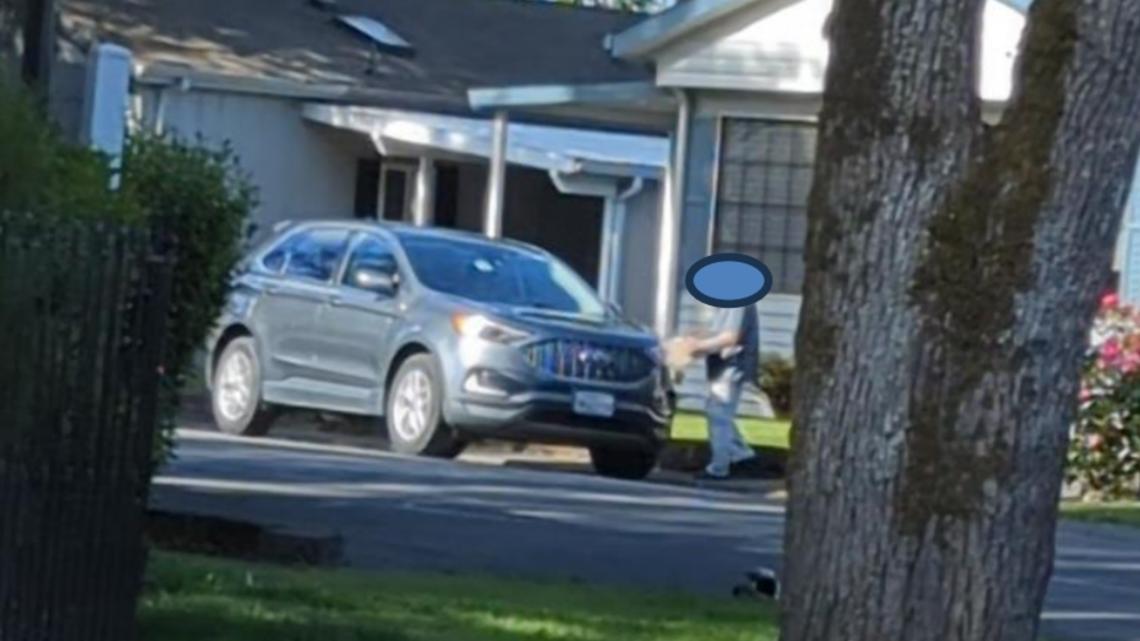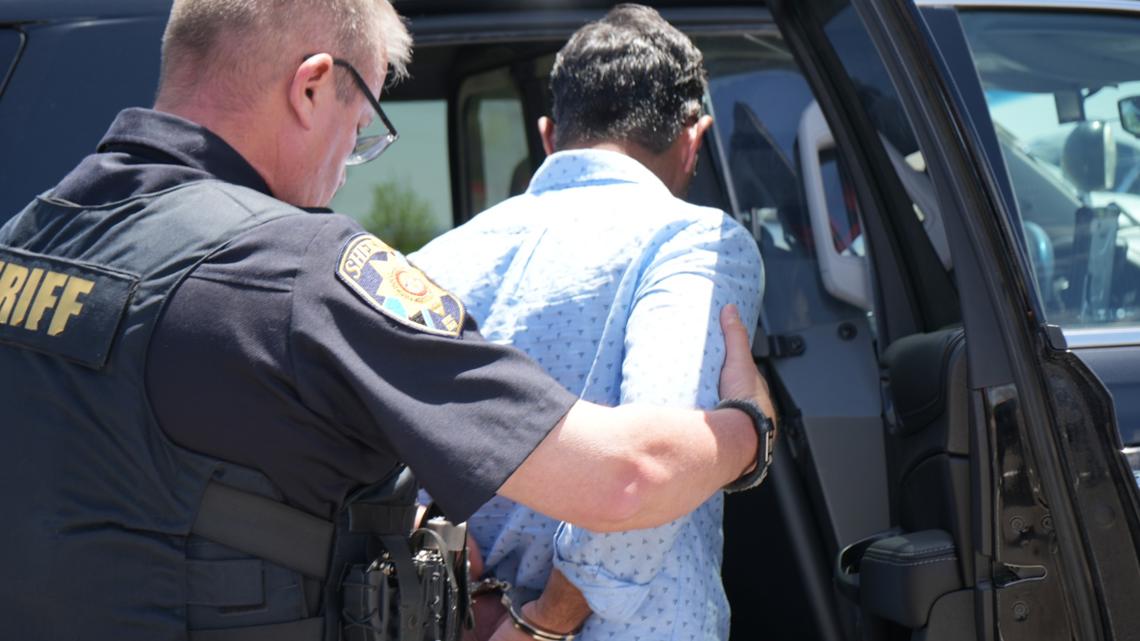PORTLAND, Ore. — Imposter scams are nothing new — criminals posing as the FBI or police hoping to swindle you out of money. But now, these crooks are showing up at your front door to collect the cash or gold payments.
“The car pulls up, rolls the window down and you give them the money,” explained 83-year-old Virgil. The Salem man, who asked we not use his last name, lost a total of $90,000 to scammers posing as federal agents.
The FBI warns scammers are instructing their victims, often seniors, to liquidate their assets into cash or gold to protect their funds. The criminals then arrange for couriers to pick-up the money or precious metals.
In the past six months, there have been at least three cases involving victims in Oregon with losses totaling more than $3.3 million.
“This is part of a larger, international fraud scheme,” explained Will Brooks, assistant special agent in charge of the FBI’s Portland office.
The scheme often starts with a pop-up on the victims’ computer and scammers posing tech support.
“I turned on the computer and it went crazy,” said Virgil, who called a phone number that appeared on his computer screen. The Salem man was told he’d be transferred to the FBI.
“I couldn’t believe I was talking to the FBI,” said Virgil.
The scammers convinced him to download a program allowing them remote access to his computer. They also shared an official looking document with the heading “National Cyber Investigative Joint Task Force,” warning his identity had been linked to a devastating cyberattack at the FBI’s Sacramento office. His assets may be frozen, the scammers warned, and Virgil could be arrested.
The Salem man worried about his wife, his dog, his adult children and their families. So, he agreed to follow instructions.
“If it comes to money or family, I’m going to go with family every time. And I did,” Virgil explained.
According to court records, Virgil sent two payments, via UPS — $20,000 in cash. Then, the scammers demanded another payment. But this time, one of the “agents” would come by to pick up $50,000. On April 3, Virgil handed over a box stuffed with cash.
“You stand out here in the driveway. He pulls up, rolls the window down and drives away. Simple as that,” said Virgil, who was told to keep things secret and stay in constant contact with a special agent named Jon Stryker.
After mentioning it to his daughter, Virgil recognized this was indeed a hoax. So, he called the real FBI who set up a sting.
A surveillance photo, published in court records, shows the scammers waiting for a drop of $86,000 in cash. Instead, Virgil gave them a decoy box with no money.


“The FBI agent was just sitting around the corner,” said Virgil. “As soon as he drove away, the FBI agent followed and that’s where it all stopped.”
Salem police and the FBI arrested Ramaraj Ganesan. In his car, investigators say they found gold bars, worth $85,000, from a separate scam victim in the Seattle-area.
According to court papers, Ganesan admitted picking up packages from victims in South Carolina, Florida, Arizona, Utah and Washington.
“It tells you the vastness of this organized fraud scheme,” said Brooks.
In a separate case in July, Navjot Singh was arrested after a West Linn couple lost approximately $279,000 to an FBI imposter scam. Singh was apprehended in a similar sting, after he too showed up to collect a package thought to contain gold bars, according to court records.
Last week, there was another case. According to court records, an elderly Portland couple lost $3 million in gold after scammers posed as the Social Security Administration.
Throughout the country, local police and the FBI have arrested numerous couriers sent to meet victims in person and pick up cash or gold for the scammers, who are often based overseas.


“There’s hundreds of millions of dollars internationally being funneled back to these organizations,” said Brooks.
Last year in Oregon, victims to government imposter scams lost $1.7 million, according to the FBI.
The U.S. government will never request you purchase gold or other precious metals.
Scam victims are often embarrassed, but they need to report it to the FBI — even if the crooks don’t get any money. Victims should report fraudulent or suspicious activities to www.ic3.gov as quickly as possible. Victims can also contact the U.S. Department of Justice Elder Justice Hotline at 1-833-372-8311.
Here are some other tips from the FBI to protect yourself:
- Protect your personal information. Never disclose your home address or agree to meet with unknown individuals to deliver cash or precious metals.
- Do not click on unsolicited pop-ups on your computer, links sent via text messages, or email links and attachments.
- Do not contact unknown telephone numbers provided in pop-ups, texts, or emails.
- Do not download software at the request of unknown individuals who contact you.
- Do not allow unknown individuals access to your computer.

